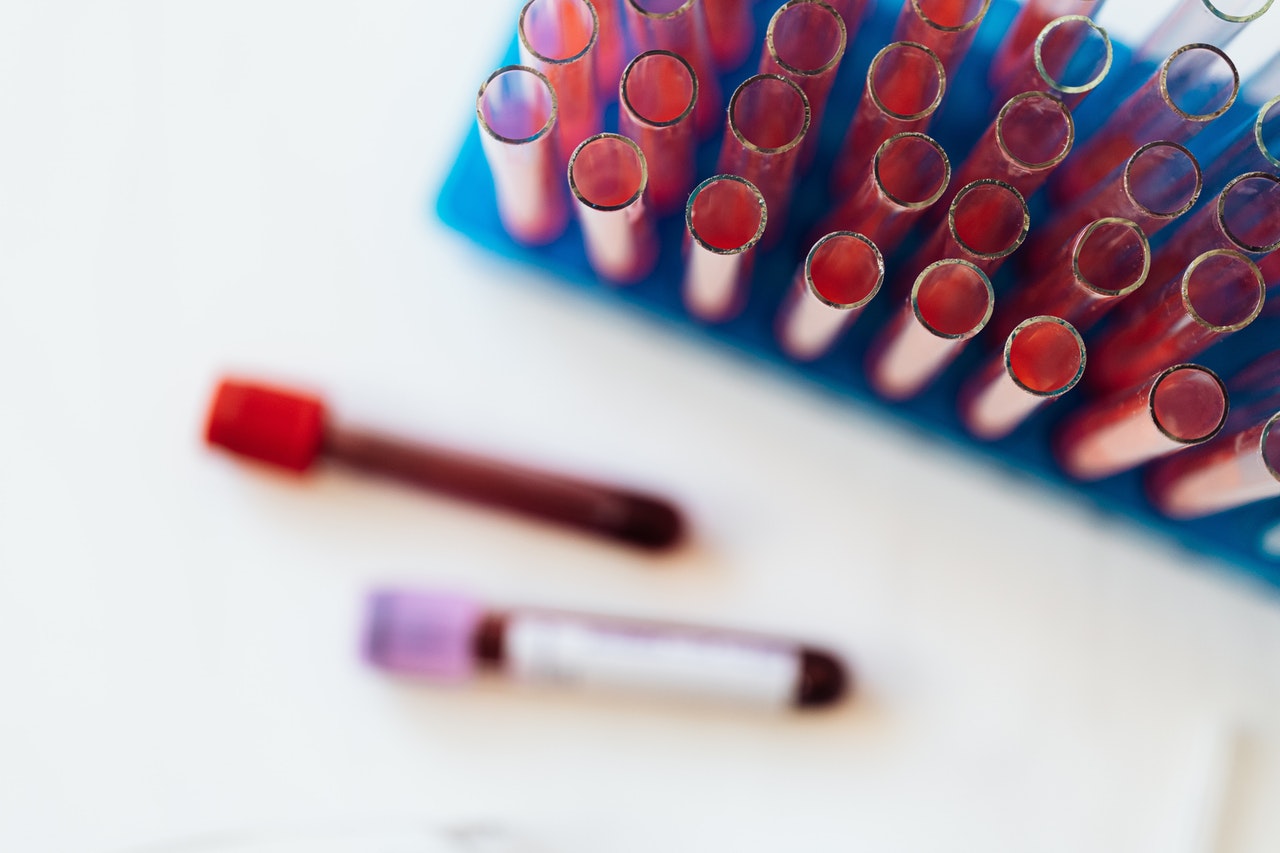Science
DOST considers fill, finish type for reproducing vaccine

Both Guevara and DOST Secretary Fortunato Fortunato dela Peña said the country does not have the capability to develop and manufacture coronavirus disease 2019 (Covid-19) vaccine as it does not have the facility. (Pexels photo)
MANILA — The Department of Science and Technology (DOST) is considering the local and finish type of manufacturing, should the Philippines be given the opportunity to reproduce vaccines made by other countries, DOST Undersecretary Rowena Cristina Guevara, chair of the Inter-Agency Task Force’s sub-technical working group (TWG) on vaccine development, said Wednesday.
“We are looking at the fill and finish type of local manufacturing as a starting point for the Philippines,” she told the Philippine News Agency in an interview.
Both Guevara and DOST Secretary Fortunato Fortunato dela Peña said the country does not have the capability to develop and manufacture coronavirus disease 2019 (Covid-19) vaccine as it does not have the facility.
“These are the reasons why (the) DOST has proposed the establishment of the Virology S&T (Science and Technology) Institute of the Philippines (VIP), and why the sub-TWG on vaccine development is looking for potential vaccine collaborations to be pursued that will be favorable to the Philippines and allow local manufacturing, possibly through licensing from a foreign vaccine developer or company,” Guevara explained.
In May, dela Peña shared on his Facebook page that he submitted a proposal for possible legislation for the establishment of a virology institute in the country, which he said would be a premier research institute in virology and diseases in humans, animals, and plants.
The establishment of the VIP would also be for the development of vaccines, diagnostics, and therapeutics, he added.
Guevara said that in the fill and finish type, vaccine manufacturing starts with a bioreactor to produce the antigen.
“At the end of the manufacturing process is the filling up of vials, injection, ampules or container for the vaccine, then it is labeled and packaged for transport. This end of the manufacturing process is called ‘fill and finish’,” she said.
Other countries’ vaccines are still welcome
Meanwhile, Guevara confirmed that even if Russia was the first to register a Covid-19 vaccine, the DOST would still welcome clinical trials on vaccines that are being manufactured by other countries, as long as these would get the Food and Drug Administration’s (FDA) approval.
“We have already committed to the WHO (World Health Organization) Solidary Trial for Vaccine where the Philippines will undertake the clinical trials Phase 3 for four or five vaccines that are pre-qualified by WHO,” she said.
She added that the DOST is also pursuing collaboration with bilateral partners, whereby vaccine companies may undertake clinical trial Phase 3 in the Philippines. “In all cases, the FDA requirements must be complied with,” Guevara said.
Among the functions of the DOST as head of sub-TWG on vaccine development is to review the recommendations of vaccine expert panel it has appointed, regarding possible collaborations for Covid-19 vaccine clinical trials.
Any new development on vaccine is being monitored and evaluated by a panel of experts and members of the sub-TWG, Guevara said.
On Tuesday, Russian President Vladimir Putin announced that the first Covid-19 vaccine in the world has been registered in Russia.
According to the Department of Health, the Russian Direct Investment Fund has proposed to establish partnership with the Philippines to conduct clinical trials, supply doses of Covid-19 vaccine, and set-up local manufacturing.





















